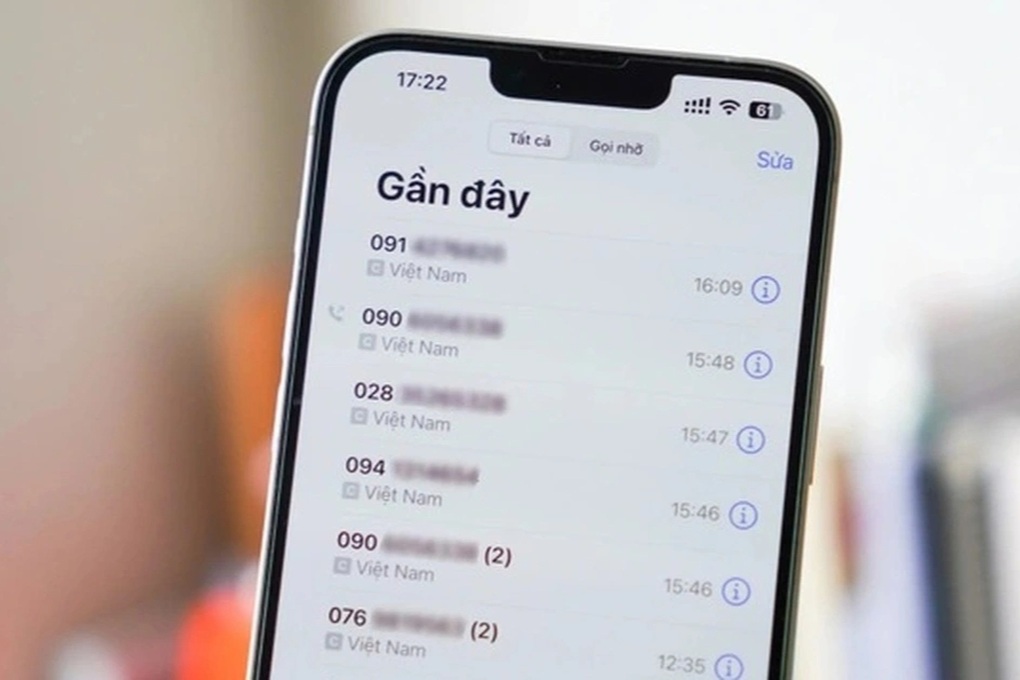
Many users are harassed by constant calls from scammers and sales consultants (Photo: The Anh).
General review of bank accounts and phone SIMs
At the meeting of the Government Steering Committee on science, technology development, innovation and digital transformation, Prime Minister Pham Minh Chinh assigned the Ministry of Public Security to coordinate with the Ministry of Science and Technology, the State Bank of Vietnam and relevant agencies and enterprises to deploy a campaign to comprehensively review bank accounts and phone SIMs to strengthen state management and prevent online fraud crimes.
Currently, the country has nearly 183 million personal payment accounts and about 120 million mobile subscribers. This is a large number that poses a significant challenge in controlling, verifying identification information, and preventing fraud.
Scam calls still occur
Mr. Viet Khoi, an office worker in Hanoi, said: "I used Facebook and accidentally clicked on an apartment purchase advertisement. Immediately and in the following days, I received many calls offering sales advice from the numbers "024, 028".
This makes me very uncomfortable and affects my personal life."
It’s not just about offers to buy goods, apartments or get credit cards. Many people also receive impersonation and scam calls.
Ms. Cam Tien (living and working in Ho Chi Minh City) shared with reporters: "I work in Ho Chi Minh City and recently received a call from someone claiming to be an electricity employee, asking me to pay for electricity and water in my hometown. Because I have been following scam information in the press, I knew this was a scam call so I hung up immediately."
Even reporters continuously received silent calls from the number "02486865743", just one pick up and "Hello!", the subjects immediately hung up.
Although the situation of fraud through impersonation calls has been reported and warned a lot by the press and media, many people still become victims of these tricks.
Recently, on May 15, Hanoi City Police said that the investigation agency had just received a report from a citizen about being defrauded of property.
According to authorities, on the afternoon of May 7, Ms. L. (19 years old, a university student) received a phone call claiming to be an officer of the Quang Ninh Provincial Police.
The subject informed that Ms. L. was involved in a money laundering and drug trafficking ring and asked her to pay money to prove her innocence. Out of fear, Ms. L. followed the instructions and transferred a total of nearly 3 billion VND to the scammer.
Junk SIM: First of all, the responsibility belongs to the network operator.
According to many telecommunications experts, junk SIMs often have a number of messages and calls many times larger than normal SIMs; there are SIMs that send hundreds of messages and make dozens of calls every day.
That means junk SIMs bring in a lot of revenue for network operators. Therefore, the responsibility for junk SIMs - one of the main means used in marketing calls, scam calls and advertising messages - belongs first and foremost to network operators.
Although major carriers such as Viettel and VNPT Vinaphone have implemented many measures, using systems to detect spam messages, and checking subscribers suspected of making spam calls to include them in surveys and block them, the situation of spam SIMs and spam calls in reality is still very common.
Mr. Do Van Thinh, Director of CMC Cyber Security Operations Center (CMC Cyber Security Company, CMC Technology Group), said: "For silent calls, the main goal of these subjects is to confirm the status and classification of the data they have obtained.
Users receiving strange phone calls but not saying anything is a way for subjects to filter user data, sell data or create suitable scam scenarios.
Source: https://dantri.com.vn/cong-nghe/sim-rac-cuoc-goi-lua-dao-bua-vay-nguoi-dan-20250521080419857.htm










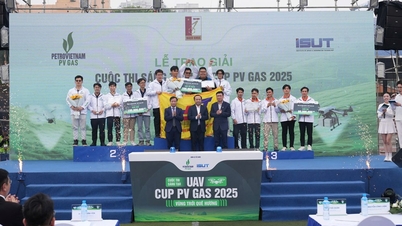

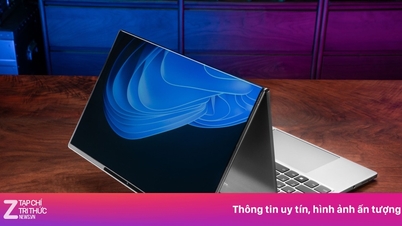
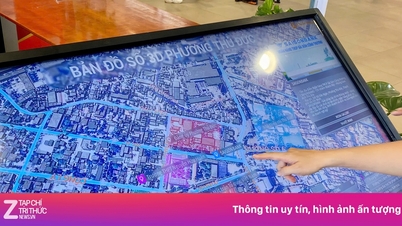

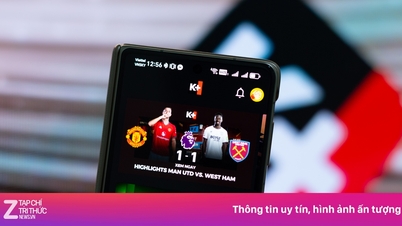




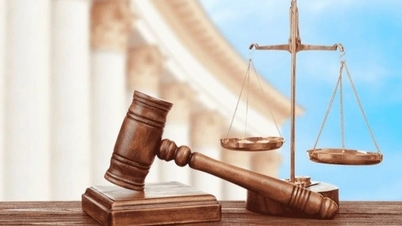



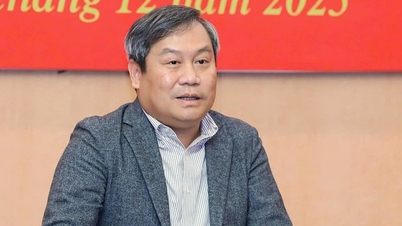



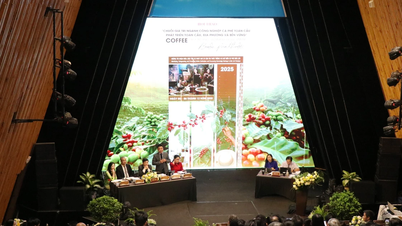








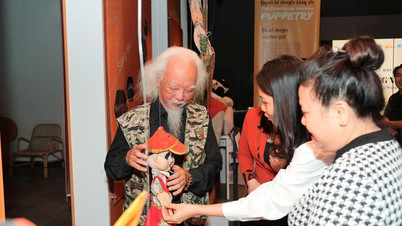

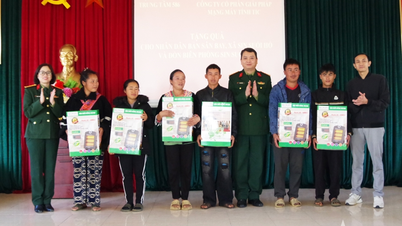




































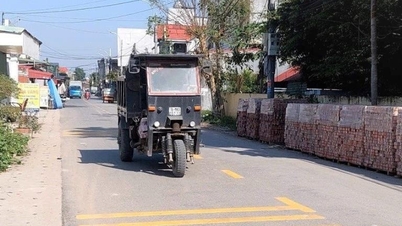
























Comment (0)